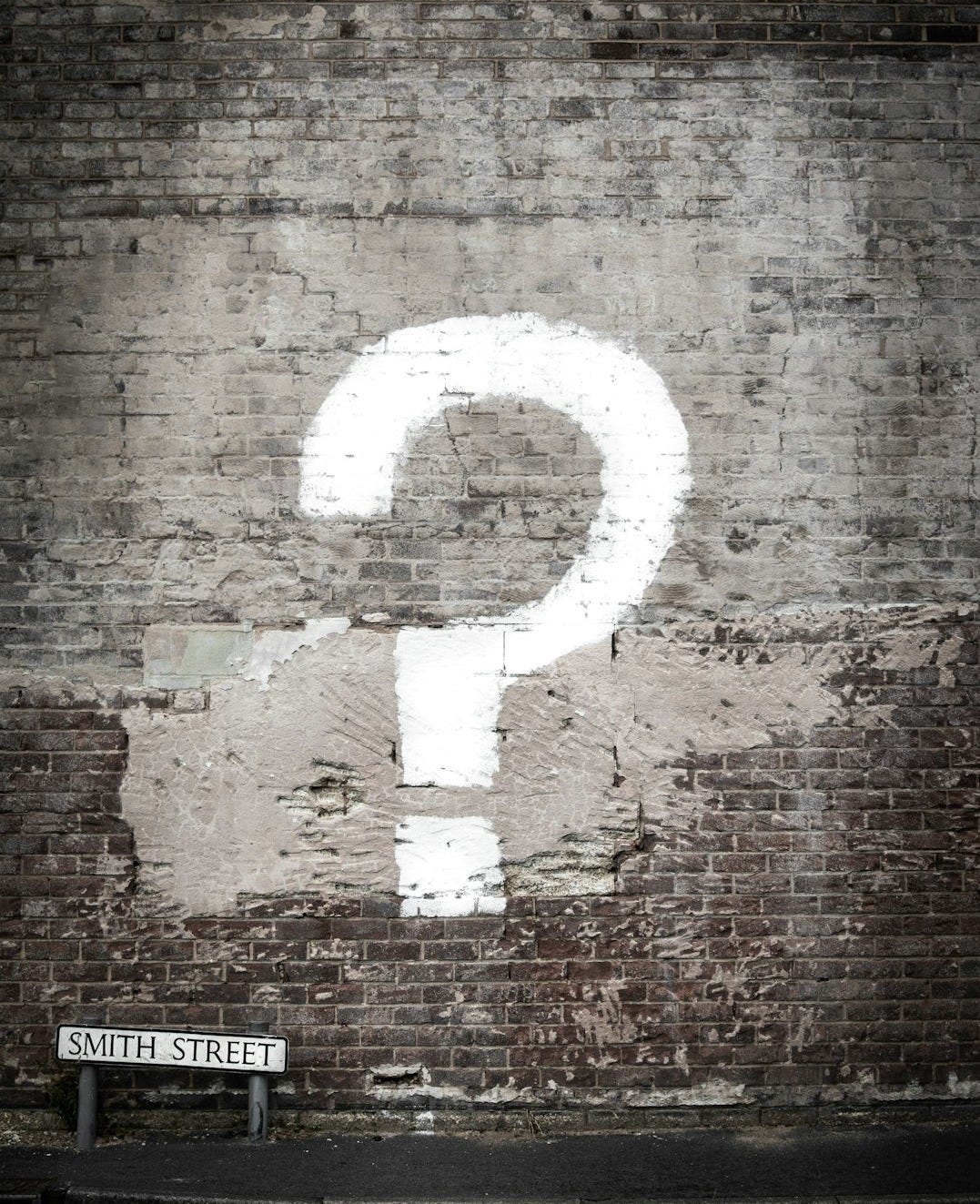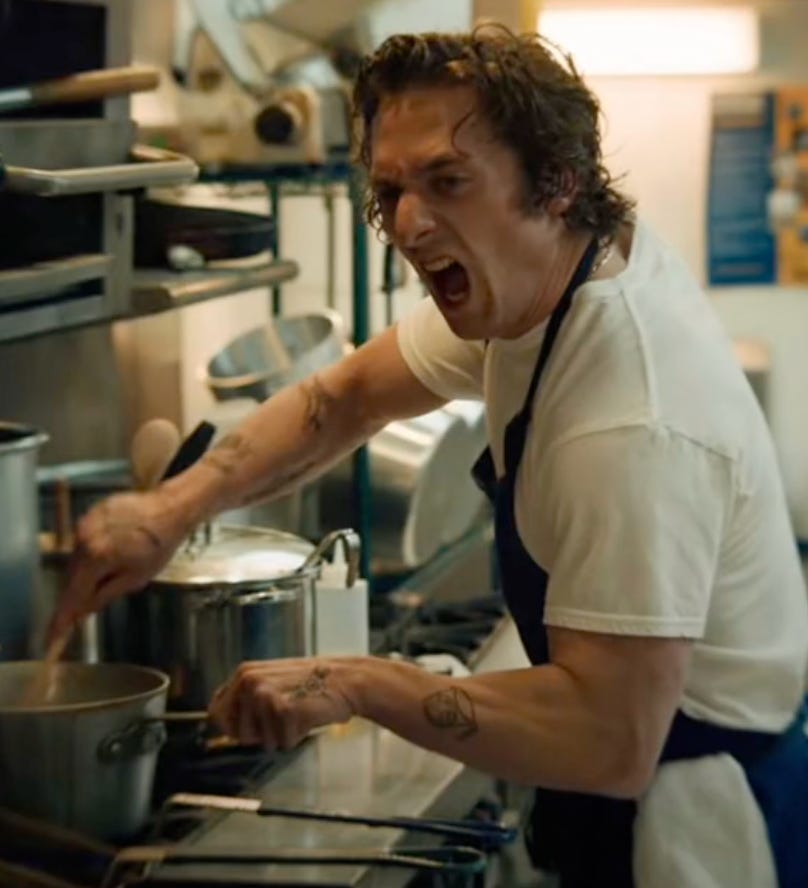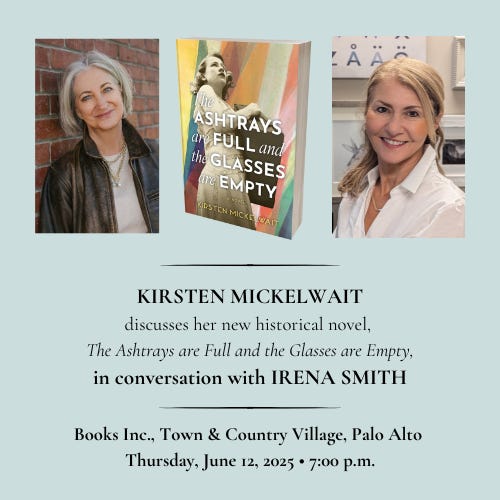I’ve been asked a number of difficult questions over the course of my life. I mean difficult difficult, next-to-impossible questions. Questions harder than “what is the meaning of life, the universe, and everything?,” which everyone knows is 42. We’re talking TOUGH questions, like being asked whether you’re an idiot with a death wish after your parents discover cigarettes in your purse. Like explaining threshold symbolism in Tess of the d’Urbervilles to a bunch of college freshmen and being interrupted by an aggrieved student wanting to know why great literature has to be so depressing. Like enduring a merciless cross-examination by your preschooler who urgently needs to know how babies get into the mommy’s tummy. (The preschooler is no dummy; she does not consider “The babies get in the mommy’s tummy when the mommy and the daddy love each other very much” an even remotely satisfying answer.)
Usually, I do my best to tackle hard questions. I try to be honest and kind, in spite of evidence you might have encountered in the course of reading this Substack. Or I try to exercise restraint, like I did when my oldest son texted me three weeks into his freshman year in college because he was out of deodorant. “Hey mom!” he texted. “I’m out of deodorant. Thoughts?” and it was all I could do not to share my actual thoughts, of which there were many. I’m still proud of myself for that, if not for the fact that my 18-year-old didn’t know where deodorant came from.
But I am not here to tell you about my near-saintly qualities. I am here to tell you about the time a simple, frequently asked question ignited a primal panic-rage in me and I, not to put too fine a point on it, lost my shit.
The question came from the same firstborn child who once asked for my thoughts about his depleted deodorant. He asked, “what’s for dinner?”
“What’s for dinner?” is a triggering question, and not just for me. I know this because I’ve conducted extensive research on Instagram. Instagram is my friend because instead of demanding what’s for dinner it serves up memes it thinks I’ll like and it’s usually right, because the memes feature homicidal women brandishing knives as a response to being asked what’s for dinner. I don’t mean to be a gender essentialist, but it seems that the dinner question is often posed by members of the male persuasion who don’t seem to understand how close they come to being shanked every time they ask it.
I actually like to cook, and I like to feed people, but I consider “what’s for dinner?” a terrible question. There are people for whom it may not be a terrible question because they plan meals and do their grocery shopping ahead of time and have an organized kitchen and probably a thriving windowsill herb garden. I’m almost positive that their Italian parsley is not wilting sadly and quietly in the crisper drawer like a Victorian spinster in a remote country vicarage. I imagine their kitchen hums with industry, rosy-cheeked children and jolly spouse julienning carrots and prepping little mise-en-place bowls.
My kitchen doesn’t look like that. Nobody helps during dinner prep unless it’s to set the table, which is a safe distance from the kitchen. This makes me feel lonely and resentful, although I do understand that my kitchen vibe may not be the most welcoming. I’m good at multitasking but bad at delegating. I have a tendency to micromanage. I get overwhelmed if someone comes into the kitchen and asks me what they can do to help because then I have to think through what I’m doing intuitively and give directions and I don’t like that. As a result, I’ve been known to raise my voice during dinner preparation, sometimes for reasons that are evident only to me.
Lauren Groff has a short story that begins with the sentence “I have somehow become a woman who yells.” I don’t think any woman sets out to become a woman who yells, and yet five years ago, when my firstborn child asked me what was for dinner, I lost my mind and became such a woman. I yelled some things I half-heartedly regret. I take it back—like Edith Piaf in the eponymous song, Je ne regrette rien, which for the non-French speakers among you means “I regret nothing.” I mean, honestly. It was April 2020 and I was quarantining at home with my husband and two grown children. I was in a state. My firstborn’s question did not find me at a good time.
My voice reached a pitch audible only to the dogs in the neighborhood. It’s possible that I used the word “fucking” to modify “questions” as well as “dinner.” My son beat a hasty retreat to another room, and through the incandescent fog of my fury, I heard my husband talking to him in a low voice. Something about giving mom space. Something about how asking what’s for dinner might sound demanding. Something something. I missed most of it because I was slamming cabinet doors and dramatically rattling silverware to ensure that my inner tumult was audible to everyone. I don’t remember what we had for dinner that night, but I do remember that everyone gave me a wide berth for several days. And then late one afternoon, my firstborn walked into the kitchen, eyed me cautiously, and asked, “Do you know what’s for dinner?” because clearly he had thought through my husband’s advice and decided that the way to solve this particular problem was to append “do you know” to the worst question in the world.
And he wasn’t wrong, because somehow the appended “do you know” and the earnestness in his voice made the worst question in the world hilarious. Touching, even. He was trying. We were all trying.
“Do you know what’s for dinner?” has become a joke at our house, part of our family vernacular. But I still think it’s a terrible question. Hearing it makes me think that life will be nothing but errands and gray nights, to borrow a line from a book I’m currently reading.* I don’t know what’s for dinner. I don’t know so many things. I don’t even know how to answer the grocery store clerk who asks me if I found everything I was looking for. I want to belt out “I have climbed highest mountains / I have run through the fields,” but I can’t sing. I want to say, “No, never,” which is true but depressing. So instead I smile and say, “I did, thanks.”
*Marie-Helene Bertino, 2 AM at The Cat’s Pajamas.
Updates:
If you’re in the Bay Area, come to the Palo Alto Books Inc. on June 12 to hear me in conversation with
, author of the forthcoming historical novel The Ashtrays Are Full and the Glasses Are Empty. You've heard of Scott and Zelda Fitzgerald and Ernest Hemingway and Pablo Picasso, right? But I bet you don't know who hosted them at the BEST parties on the French Riviera—and this is your chance to find out! (Also, I finished reading it several weeks ago and it is SO good, y’all! AND it’s available for preorder at all the bookish places.)







Ha! Of course you know I relate *crushingly* to all of this, pretty much. In my house, the question is even more surreptitiously posed as, "How long, do you think, until dinner?" which would be acceptable if, say, there were already a pot of something burbling merrily on the stove and not, like, half a wilted cabbage, a can of garbanzos, and a big blank thought bubble above my head...
The parsley……TOO good.